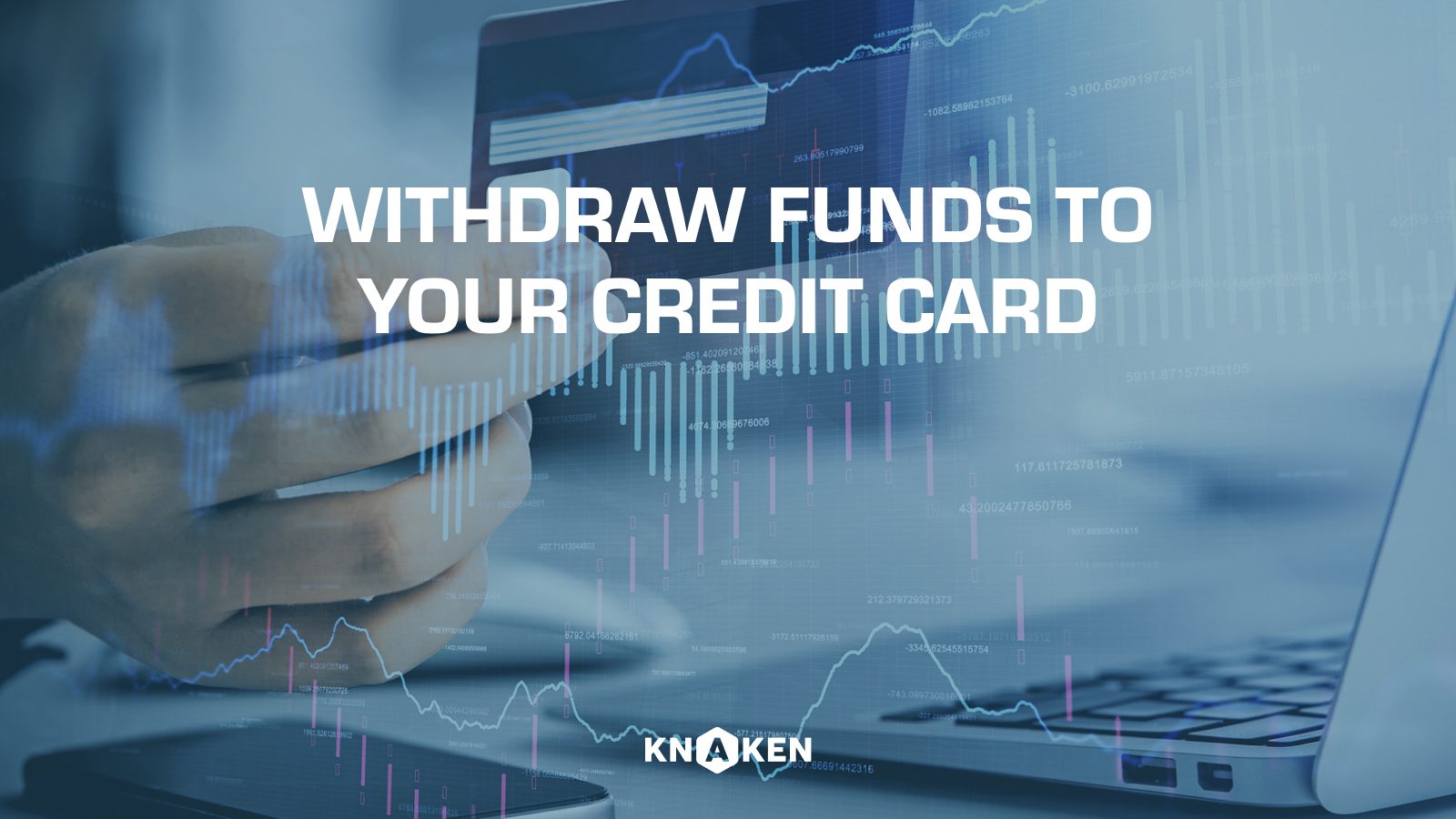Pyramid schemes are fraudulent investment strategies that promise high returns for investors, typically fueled by the recruitment of new participants. Unlike legitimate business models, pyramid schemes rely on an ever-increasing number of investors to sustain payouts to earlier participants. Once recruitment slows, the scheme collapses, resulting in significant losses for most involved.
In the cryptocurrency market, pyramid schemes often emerge under the guise of investment opportunities, platforms, or initial coin offerings (ICOs). These schemes exploit the decentralized nature of cryptocurrencies and the lack of regulation in the space, making it easier to mislead new investors.
Recognizing a pyramid scheme in the crypto sector requires an understanding of its common characteristics:
Pyramid schemes are illegal in many jurisdictions, including the United States, where they are classified as fraud. Regulatory bodies such as the Securities and Exchange Commission (SEC) work to identify and prohibit these schemes. Despite this, many continue to operate in the cryptocurrency space due to its relative anonymity.
Participants in pyramid schemes can face severe financial consequences. These include:
To protect oneself from falling victim to a pyramid scheme in the cryptocurrency space, consider the following strategies:
Pyramid schemes remain a pervasive threat in the cryptocurrency market, preying on newcomers and those eager for lucrative investments. Understanding the characteristics and implications of such schemes is crucial for anyone looking to navigate the crypto landscape safely. By conducting thorough research and remaining vigilant, investors can protect themselves from fraudulent opportunities and contribute to a more secure crypto environment.



Knaken Cryptohandel B.V. has applied for a MiCA license from the Netherlands Authority for the Financial Markets (AFM). This application is currently being assessed by the AFM.
Investing in crypto-related products involves significant risks.















